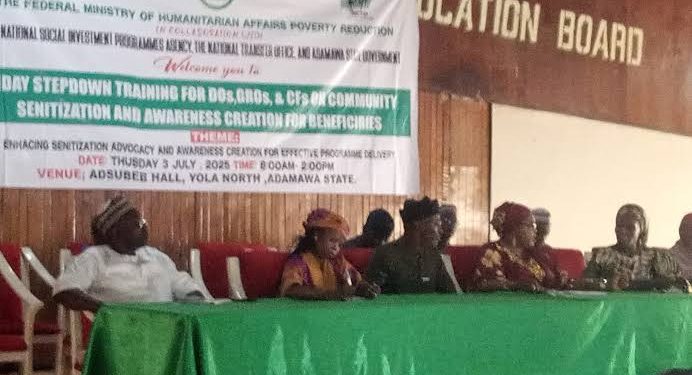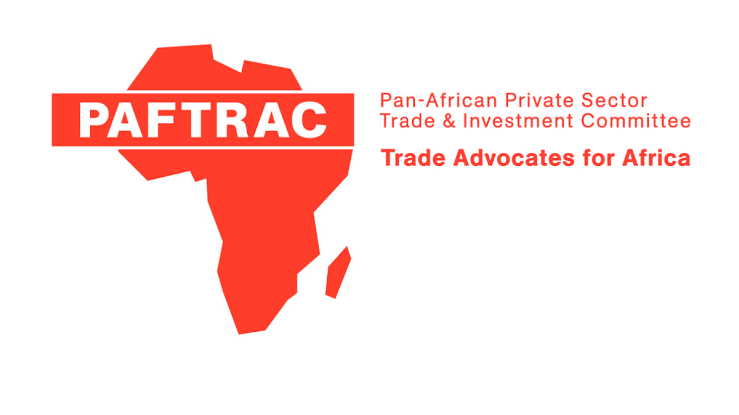More than 51,000 poor and vulnerable residents across the 21 local government areas of Adamawa State have received N75,000 each under the Federal Government’s Conditional Cash Transfer programme since January 2025. The initiative is part of the broader National Social Investment Programme aimed at tackling poverty and improving livelihoods.
In addition, another 64,000 individuals in the state benefited from a N5,000 monthly support in 2024, while 51,000 others have so far received assistance through the newly introduced RR programme under the same national scheme.
These figures were revealed by Mrs. Mary Yuwadi, the Adamawa State Coordinator of the Conditional Cash Transfer Programme, during a one-day sensitisation workshop held in Yola. The training brought together Desk Officers (DOs), Co-Responsibility Officers (CROs), and Community Facilitator Officers (CFOs) from all 21 local government areas.
The workshop, organised by the Federal Ministry of Humanitarian Affairs and Poverty Reduction in collaboration with the National Social Investment Programmes Agency, the National Transfer Office, and the Adamawa State Government, aimed to build awareness and improve programme implementation at the grassroots level.
Mrs. Yuwadi explained that the cash transfer initiative is targeted primarily at women and youth, supporting them with N75,000 to help ease their economic burdens and improve their living conditions. She highlighted the positive impact the programme has had on reducing poverty and unemployment across the state.
However, she noted a major challenge: many communities remain unaware of the programme’s existence. This, she said, is why the workshop focused on training community mobilisers who would return to their localities to educate residents about the programme and how to access it.
She also pointed out the recent shift from table payments to digital payments—a change that brings increased complexity, especially for uneducated or first-time beneficiaries. According to her, equipping community officers with the right knowledge is crucial to bridging this gap.
Supporting her remarks, Mrs. Mary John Zanguwa, the State Grievances Redress Manager, said that aside from handling various complaints from beneficiaries, a major issue remains the low level of awareness, particularly in rural areas. She said the training included a focus on improving communication strategies to ensure better outreach and understanding among potential beneficiaries.
The Adamawa cash transfer office believes that with improved community engagement and trained personnel, the programme’s reach and effectiveness will be significantly strengthened in the coming months.










